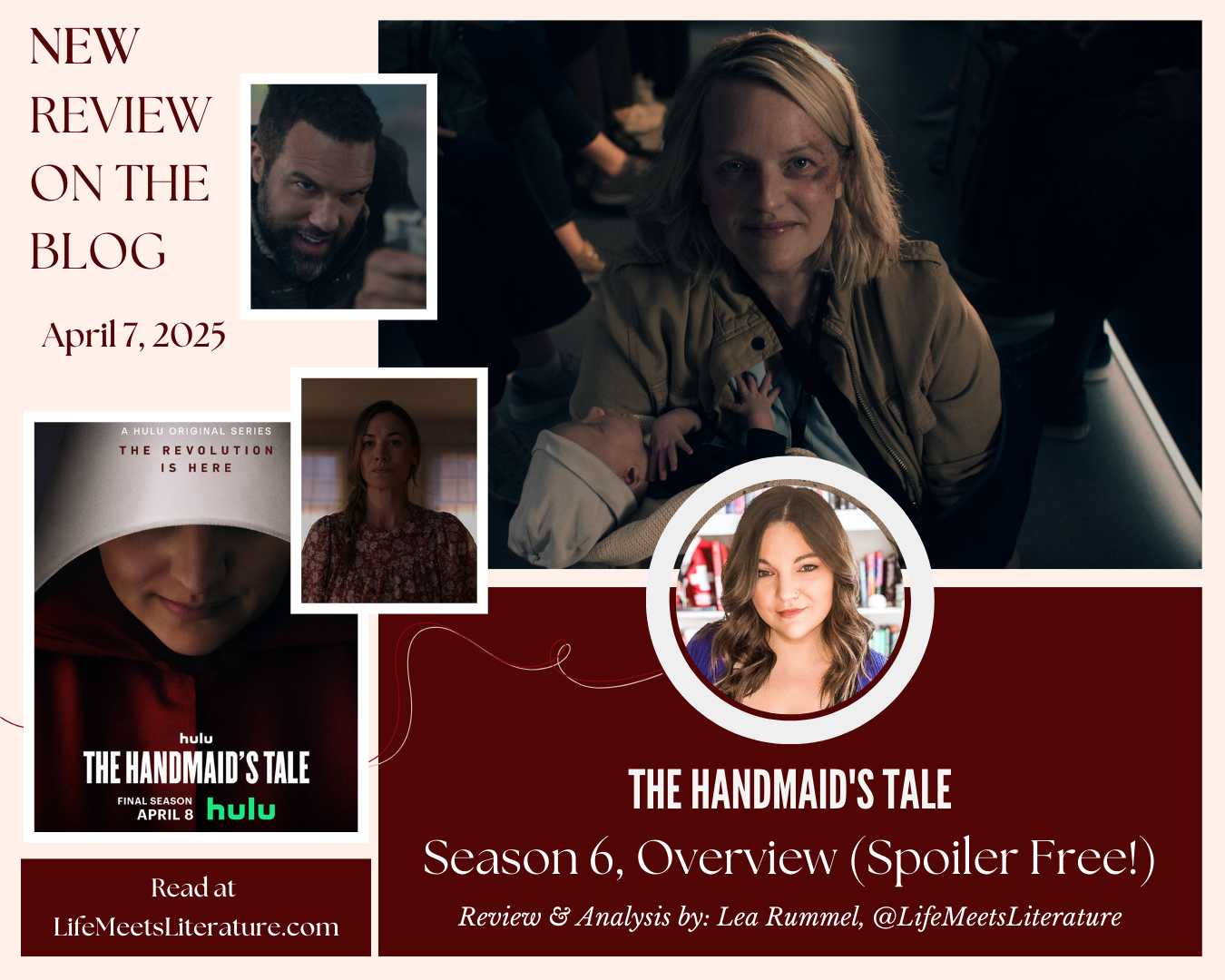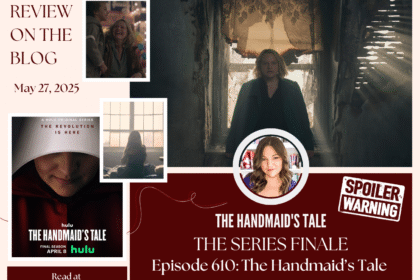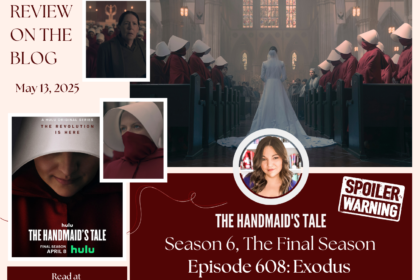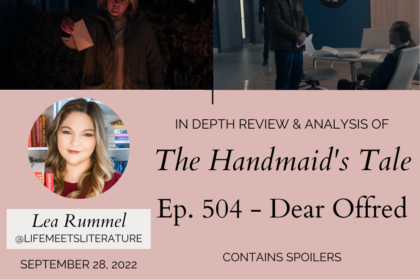I am beyond thrilled to be back reviewing The Handmaid’s Tale for its sixth and final season! I have been a massive fan of the book and Hulu’s series from the very beginning and am so grateful that Hulu entrusted me with screeners for season five and now season six. I am feeling all the emotions about this season: excitement to see what happens, terrified at where it could go, and so sad to see it come to an end. It is my honor to be here with you to walk through this final season together and see where this story takes us into the series finale on May 27th. This review will be an overall review of season six and its overarching themes and will not contain any spoilers. I will reference spoilers of season five so be sure that you are caught up!
An Important Note
Before I begin to review the season, it is important to me that I make the following statement:
I am hyper aware of the social & political situation we find ourselves in at this present moment under the Trump administration’s fascist takeover. However, when discussing this show, please remember how inappropriate it is to say things like “we’re heading into Gilead/The Handmaid’s Tale”, particularly coming from white women. The truth is that the horrors that Margaret Atwood includes in her novel & that are in the show have all already happened to women all over the world in various time periods, & many to Black women & women of color in America (Margaret Atwood has said this explicitly many times). The show demonstrates “what if” it happened to white women in America. The point that I want you to take from it is this: Do you see how angry you are at these atrocities happening in The Handmaid’s Tale? THAT is how angry you should be at oppression happening to people whenever you see it, not just when it happens to white women. The other thing I hope you take from this show/book is what happens when we ignore and overlook instances of fascism when it happens to others. Of course there are elements of the show relevant to our time, but I ask that you be respectful and mindful before making statements that diminish and ignore oppression of marginalized groups. If your feminism is not intersectional, then it is merely an extension of white supremacy. Let’s do better and have thoughtful conversations.
Season 5: Where We Left Off
Season five left us with a final episode that was filmed as if it were a horror movie. June, Luke, and Nichole were on the run from the Canadian government after a hired assassin attempted to kill June by running her over with a truck. In defending her, Luke physically fought the driver, who later died. After learning that there was a warrant out for Luke’s arrest, Tuello arranged for June and Luke to board a train bound for Vancouver where they could then hop on a plane to Hawaii. In a heartbreaking moment, Luke hands himself over to the police just before boarding the train so that June and Nichole can easily get on. And of course, Serena and her baby boy, Noah, are there on the train when June boards. Season five was very much about consequences and learning that Canada does not necessarily equal freedom for Gilead refugees. Let’s jump into the themes of the first eight episodes of season six!
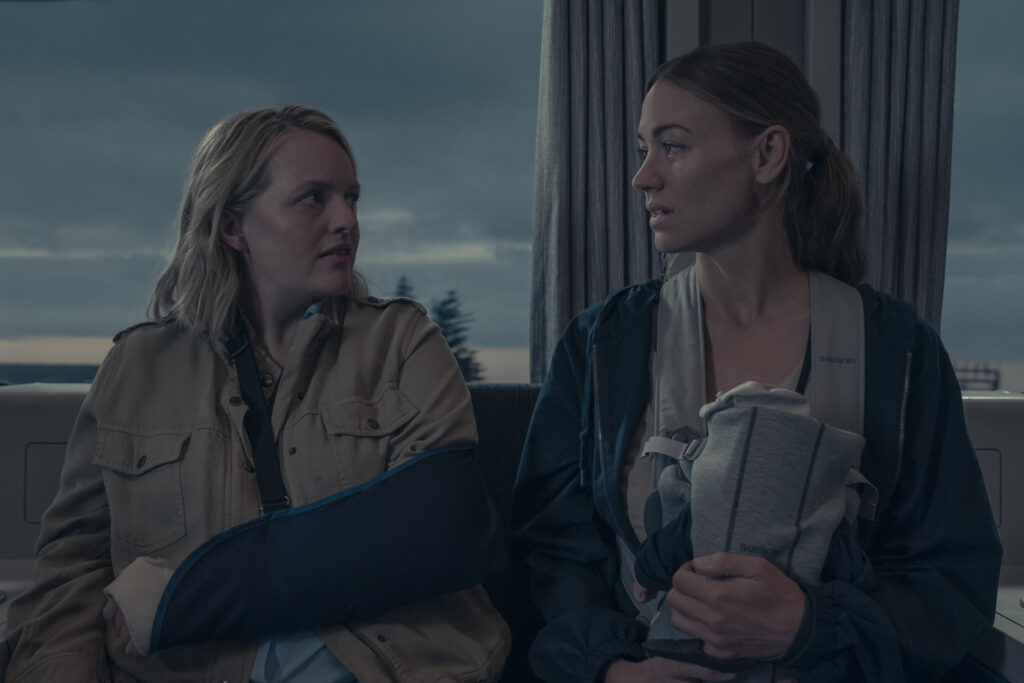
One of the most interesting themes that I picked up on is the question of who we become when we are under duress. Obviously, in this dystopian, fascist theocracy, almost everyone is always under some duress. But when the pressure is on, and we act out, is that who we really are? June, Luke, Nick, Moira, Serena, Aunt Lydia, and several other main characters are forced to grapple with this idea of who they want to be and if they can live up to that in moments of turmoil. Specifically, what does it take to make us vindictive or vengeful? And when is violence, brutality, or betrayal justified? Nick really struggles with who he is and the role he is forced to play in Gilead’s power structure, and we really see that fleshed out this season in fascinating, yet devastating ways. Many beloved characters are forced to decide what they must let go of, and what is worth holding onto for dear life.
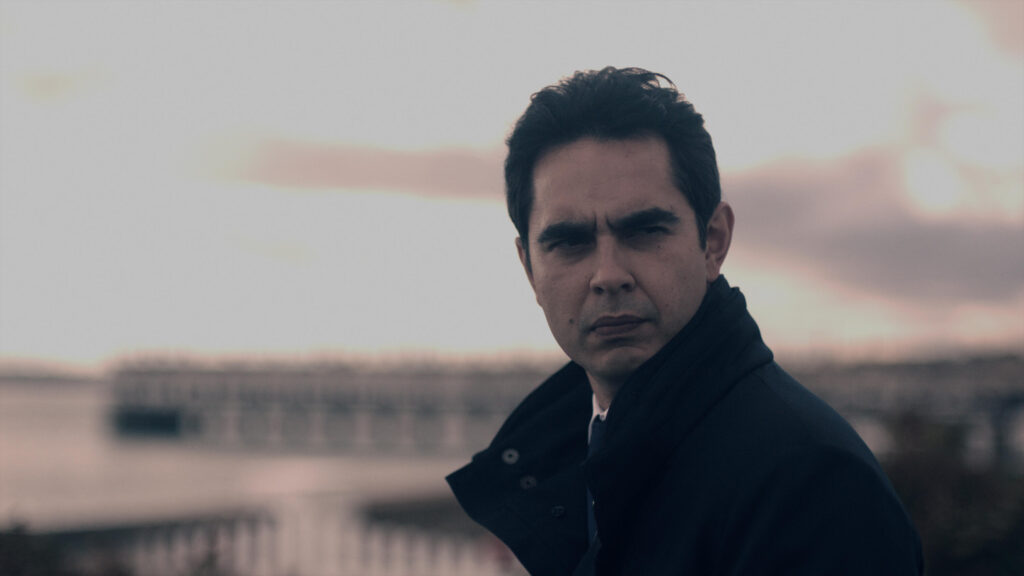
In one of my favorite scenes of the season, Moira finally confronts June about something that many people have been critical of, including me. Because this is The Handmaid’s Tale and June is our main character, the narrative of the show focuses on her, for obvious reasons. But as a character, June has a bad habit of forgetting about others’ trauma and what their experiences are like. Moira forces her to confront this in such a beautiful way and I applaud the show for going there and writing it the way that they did. We all need a call in from time to time. June often falls into the trap of white feminism, and I am always grateful to see it confronted on screen in such thoughtful ways.
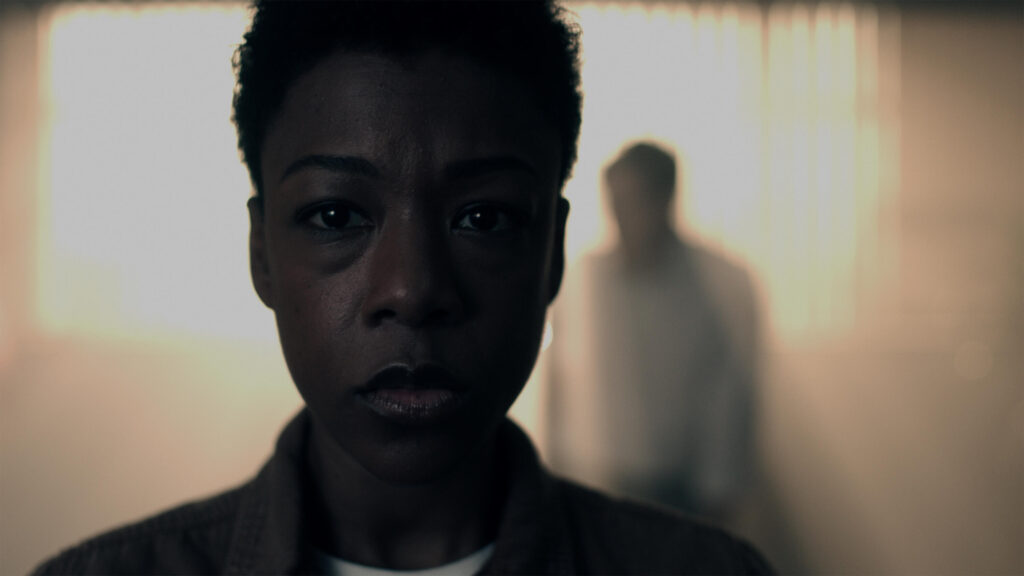
The second episode title is “Exile” which is appropriate considering it is one of the central themes of this season. With the world being so drastically transformed from the Sons of Jacob’s initial coup to where we find the story in season six, everyone is forced to reconsider how they think about the idea of home. Is home a place, a person or people, or a state of mind? Most of their homes and worlds have been destroyed and this season explores the ways that they have been forced to rebuild and find home in new places, with new people, and while navigating the loss of loved ones. June is really forced to reckon with this idea in surprising ways this season.
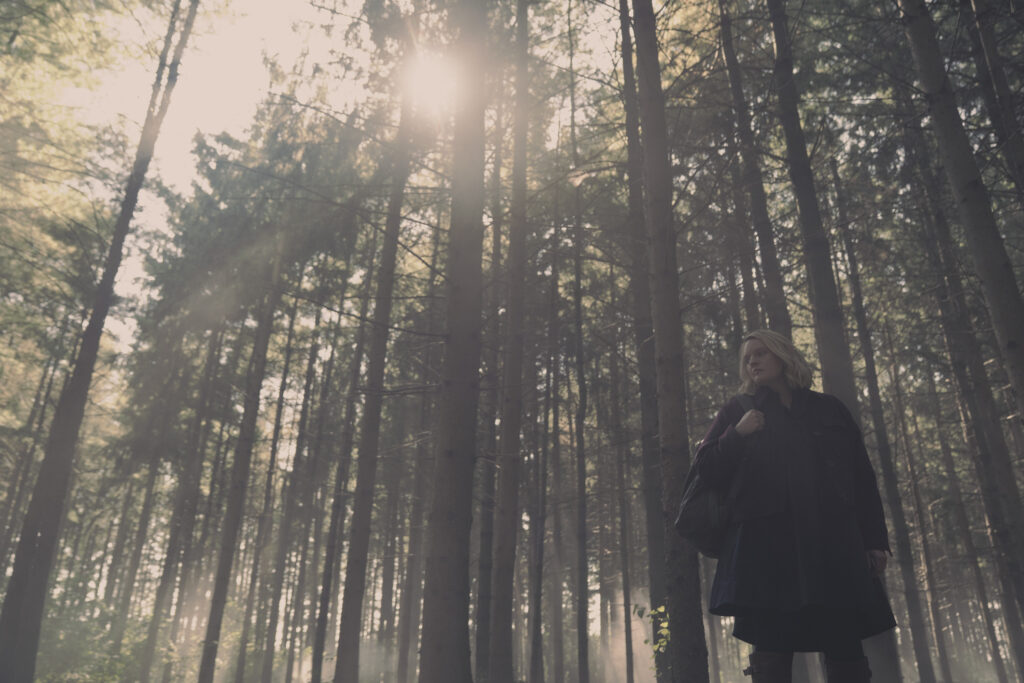
Just like we as fans are all wondering about the show, what is the end game? What are the characters’ ultimate goals? We know for June and Luke, they are desperate to get Hannah back. We know Lawrence and Aunt Lydia are both hoping to make Gilead a better place. But what is Nick working towards? And Serena? She finally has the baby she has always wanted and destroyed so many lives to have. But she begins season six as a woman on the run from the Wheelers. She was such a firm believer in Gilead’s ways, but what does she want in the end? She is constantly being faced with the consequences of her actions and how much they have hurt people, particularly other women. She understands now more than she ever has, but what will she do with that knowledge and new perspective?
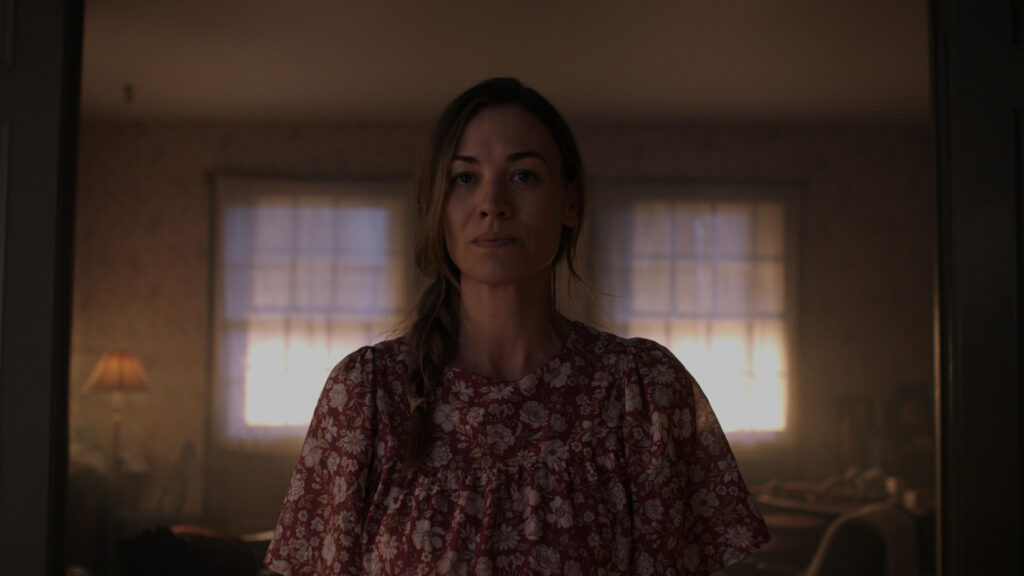
One thing that is consistent this season is the absolutely stunning cinematography, color, and music that are signature to the show from the very beginning. On my second watch, I really picked up Adam Taylor’s genius music composition. The score felt new and unique to this season, but there were so many perfectly timed musical callbacks to earlier seasons that really drove home the tension in the scenes. We also get to see more of New Bethlehem, and I was surprised at the overall aesthetic they went with but it makes so much sense and was so thoughtful. Costume designer Leslie Kavanagh got some really interesting new clothing styles to play with and I love the direction she went in! And as usual, the writers just knock it out of the park every time.
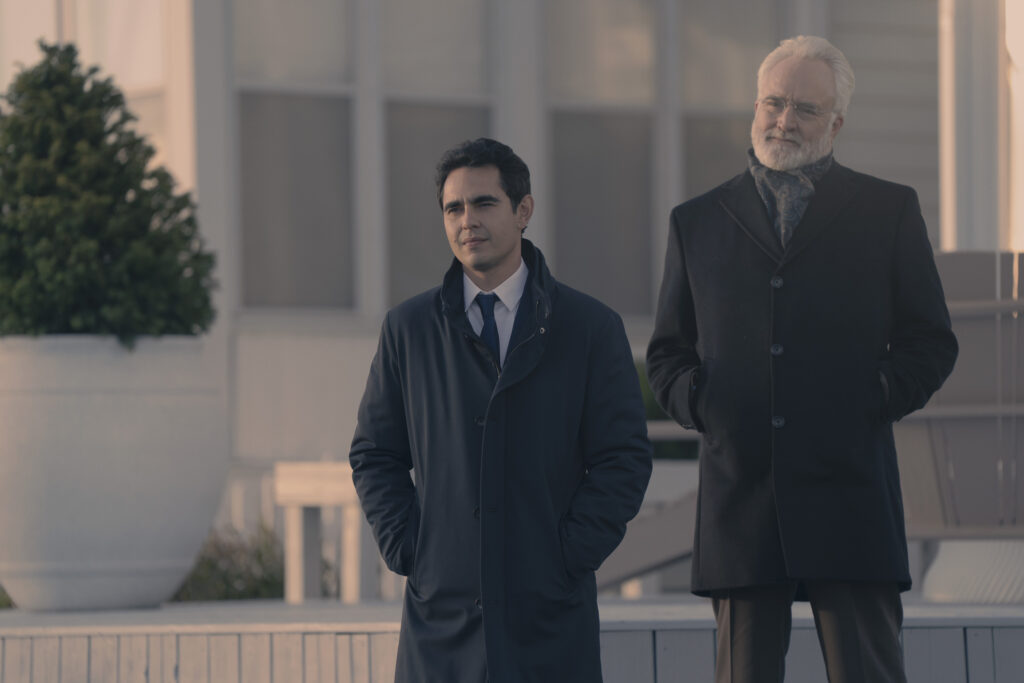
Consider this your warning: I absolutely UGLY CRIED at the end of episode one. Without saying more than I can, know that this season is a rollercoaster, although I would expect nothing less. Again, a massive thank you to Hulu for trusting me with this privilege of a lifetime to be able to see the screeners before the episodes drop. This project is a complete dream come true and I will always be so grateful to be a small part of the series that means so much to me, especially in its final season.
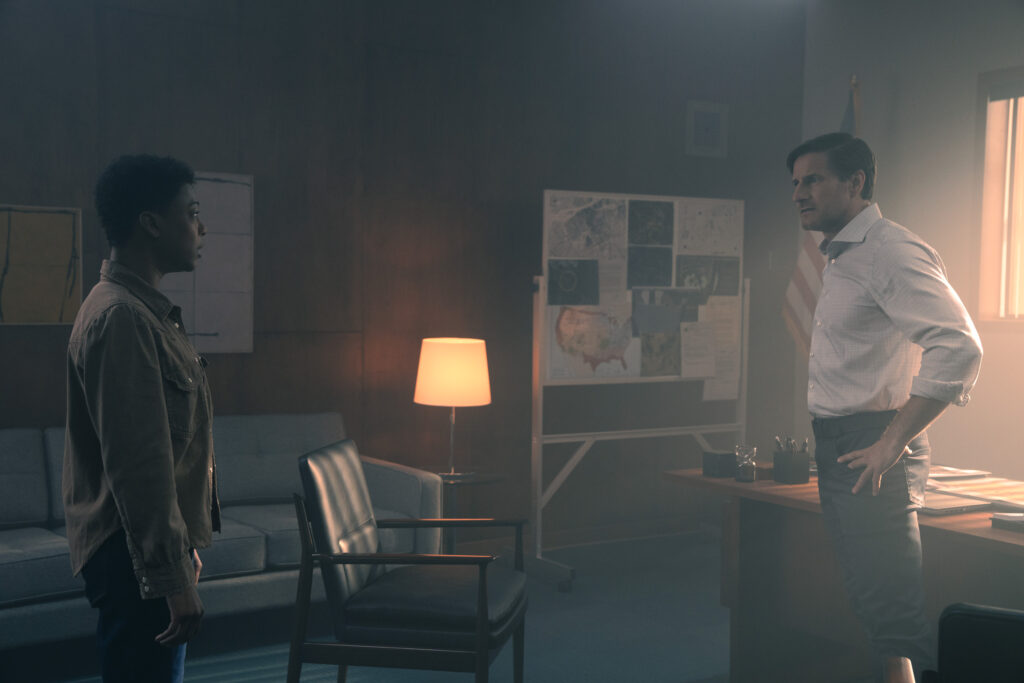
Posting Schedule
Today’s review is a spoiler free overview of the season up to episode 8. Hulu will drop the first three episodes of season six on Tuesday April 8th and my review (with spoilers!) will go live at 9AM Pacific Time on that day. Then every following Tuesday, we will have a new episode drop on Hulu with my corresponding review and analysis going live here on the blog at 9AM Pacific every Tuesday. Spoilers are strictly embargoed, and I will not reveal ANYTHING until I am approved to do so by Hulu’s screener guidelines for members of the press and media.

